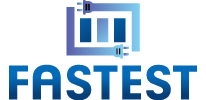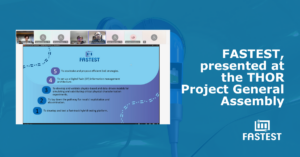
FASTEST project coordinator Bruno Rodrigues, from ABEE, presented the project’s goals and progress during the General Assembly of the THOR Project. The session also featured contributions from sister projects DigiBatt and AccCellBaT, fostering meaningful dialogue and knowledge exchange among leading European battery initiatives.
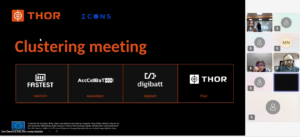
THOR focuses on reducing the time and cost of battery development by creating a Digital Twin tool to simulate battery behavior. This innovative approach targets mobility and stationary applications, covering battery chemistries expected to dominate 60% of the market by 2030.
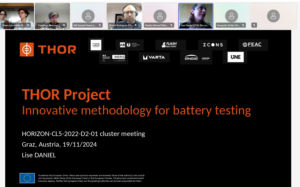
DigiBatt combines state-of-the-art digital technology with advanced physical testing workflows to make battery testing faster, cheaper, and more accurate. The project aims to reduce testing time by 30% and testing costs by 20%, creating tools that extract more value from fewer tests. Whenever possible, these tools will be open-source and freely available to the battery community.
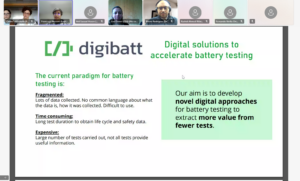
AccCellBaT seeks to revolutionize battery development through virtualization and continuous validation. The project is creating an integrated development tool and methodology applicable across industries, validated by key stakeholders in automotive and stationary battery applications.
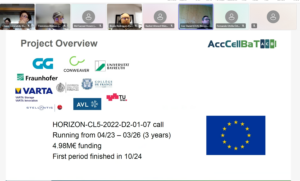
These collaborations strengthen FASTEST’s commitment to accelerating battery innovation and fostering impactful partnerships across Europe.
